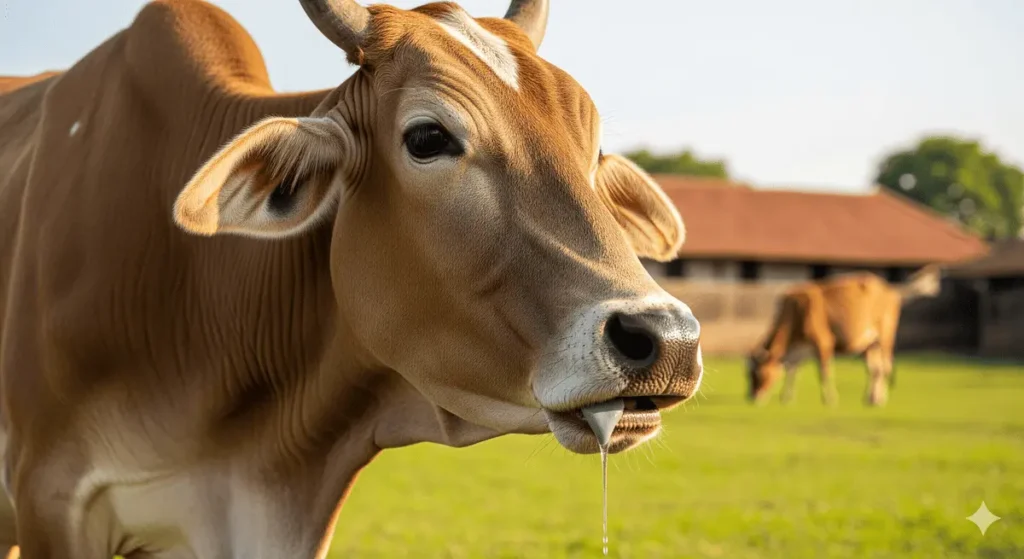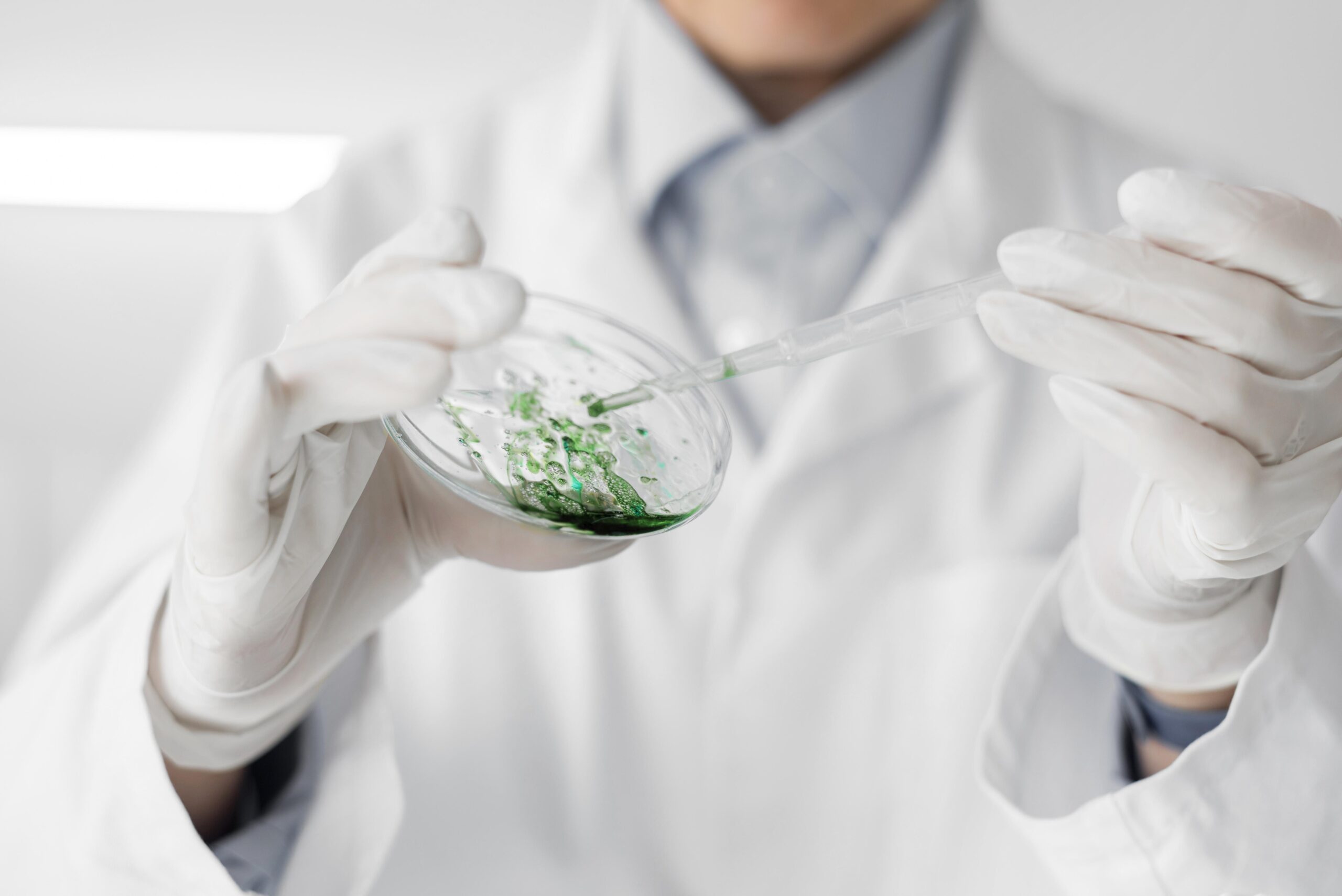See good, it flows, smell good, it flows, taste good, it flows.
Saliva, a natural gift, that makes food/feed tastier & healthier unknowingly. Digestion in a living being starts with thinking, seeing, smelling, tasting before digesting the food/feed per se. The same holds good for a ruminant too. But, the rumen’s role becomes critical in digesting and assimilating the nutrients. Multiple factors determine the health and functioning of rumen. One key factor is SALIVA. The principle function of saliva is that of a lubricant to assist mastication and deglutition in all species. Whereas saliva is more than a self-generated medicine to keep a ruminant healthy and productive due to its versatile activity.
Need for proper salivary secretion:
The rumen has no secretion of its own and the saliva forms as a transport medium for deglutition and regurgitation. Saliva becomes the key buffering agent to neutralize the pH changes brought about by the microbial population and ruminal functions.
Need for pH regulations:
The normal pH of rumen ranges from 5.5 to 7.0 which is highly prone for changes due to the fermentation activity that happens in rumen. The fermentation of grain by rumen microorganism results in acid production, and silage contributes preformed acid in the rumen. This acid must be neutralized or buffered by cows via their saliva to maintain rumen pH within normal range.
The Buffers
The buffering ability needed for a proper functioning of rumen is determined by 3 major factors; buffering capacity of the feed provided, dietary buffers included in the feed and most importantly, amount of saliva produced by the animal.
By altering the diet with feeds that posses high buffering capacity, helps in buffering the rumen. Considering the availability and to compensate the nutrient requirements, it becomes challenging to play more with the ration. To counter this, one of the common methods adopted is the use of chemical buffers like Sodium bicarbonate /Magnesium oxide/Potassium carbonate added in the ration.
Saliva as a buffer:
Saliva plays a vital role in determining the rumen ecology and functioning since it acts as a natural buffer medium. On an average, a cow produces 10-32 L/kg DM of saliva per hour [Khorasani,2018] and the pH range of saliva is 8.09 to 8.42 making it a perfect alkaline agent to neutralize the acidic environment in rumen. The major reason for this is the bicarbonate content which is 125 meq/L.
Improving salivary secretions:
Sialagogues are agents which increases the salivary secretions and bitters are commonly used for increasing the salivation. But adding in regular diet and administering them to a food producing animal is not-advisable.
Greener alternatives:
The whole world is looking for natural alternates and nature provides us the possibility to improve the natural buffer supply, the saliva. Use of natural sialagogues is a new window to open to improve the natural buffering capacity during digestion in ruminants. Herbs and phytocompounds like Zingiber spp, Piper spp., Allium spp., Curcuma spp., Trachyspermum spp., oleo resins, tannins etc. are known sialogogues.
For a long time, use of plants/herbs was considered “a myth” since the deliverables were more empirical than facts. But now, science has provided with technologies to evaluate herbs for their actions. The herbs recommended as feed additives are not just sialagogues but also acts as secretagogues and stimulates digestive movements.
Mechanism of action:
Herbs used as sialagogues are generally bitter in taste and have a profound aroma. On ingestion, the taste receptors in tongue which are classified as Type 2 cells responses to the bitter taste that responds by releasing neurotransmitters to signal the brain to initiate secretion.
Certain herbs were checked for their activities in increasing the salivary contents too. Herbs like Zingiber spp., Capsaicin, Piper spp. had stimulated the secretion of amylase and lipase which are found in saliva. [Platel, 2003]
Herbal Sialagogues in challenged conditions:
Challenged conditions with a ruminant in any form will have a commendable impact on rumen where the animal will go off-feed, ruminal motility gets altered, rumen pH drops, microbial ecology gets disturbed. Administering herbal sialagogues improves the salivary secretion, instantaneously improving the buffering capacity thereby re-establishing the normal ecosystem in the rumen. Due to potent Secretogogue activity of herbs, the digestive secretions get activated to improve the digestion in a challenged rumen.
The Future:
Recent advancements have shown us the impact of herbal inclusions in the diet to support rumen performance. Overall improvement of digestive health attributed by increasing the salivary secretion and increasing the secretory capacity of liver, intestine and pancreas. Rumipro® of M/S. Natural Remedies private limited, India is a natural sialagogue and rumenotoric which supports a healthy rumination. Further studies are being conducted on the effect of herbs on lactic acid producing bacteria to effectively promote natural buffering.





